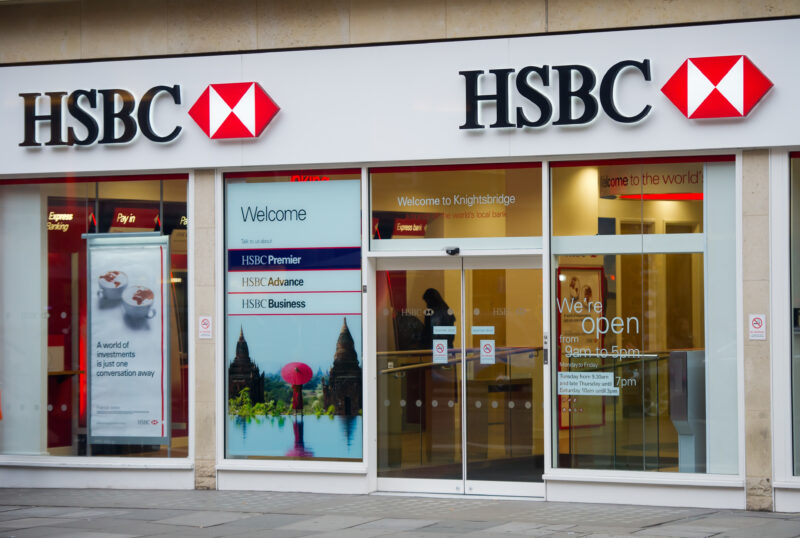2 September 2014
Are standards at HSBC on the slide?

HSBC has long had a better track record on complaints handling than most of its major competitors. In absolute terms, it tends to receive many less complaints than banks of a similar size; and at the Financial Ombudsman Service - where people appeal when they're not happy with their bank's response - the percentage of complaints that have been upheld in favour of the customer, has historically been lower than the other high street banks - particularly within the core banking part of the business.
In the Ombudsman's Banking and Credit sector, HSBC has consistently seen between seven and eight out of every 10 cases go in its favour, while in general insurance, it has won an average of almost 90% of cases over the past three years.
The Ombudsman stats are one of the best ways at getting an insight into who's doing a good job, and who's not. If a complaint goes onto the Ombudsman, a company has already squandered their first opportunity to put things right. And while there will always be people who are unsatisfied and wish to escalate things further, a good bank should be able to anticipate what the Ombudsman might say - and find a way of preventing any escalation if they think there's a chance that their customer might have a point.
If a high percentage of complaints are being upheld in the customer's favour by the Ombudsman, it's a clear indication that something is wrong. At worst, banks are willfully mishandling complaints and hoping that customers will lose momentum and not follow through with the Ombudsman. At best, they are simply relying on the Ombudsman to do the hard work for them. Either way, they are sending a negative message to their customers.
Nationwide setting the pace
With large businesses, there will always be a number of complaints that make it to the Ombudsman, but businesses such as Nationwide have shown that it is possible to make the right call almost all of the time. Across all sectors, Nationwide wins an average of 90% of cases at the Ombudsman - an astonishing achievement for an organisation that large.
While HSBC once looked as though it might reasonably aspire to compete with Nationwide in the complaints handling stakes, the latest Ombudsman stats published today show a sharp deterioration in standards at the bank. In the first half of 2014, 84% of complaints that went to the Ombudsman were upheld in the customer's favour. And while most of these were PPI complaints, there was also a sharp deterioration within other elements of its business - such as general insurance and life & pensions complaints, where many more cases went against the bank than in previous periods.
The temptation will always be for banks to swat off complainants, or to wear them down so that they lose patience and walk away. Most customers will put up with an awful lot before they will switch their bank, so in the short-run, there's little incentive for banks to deal with complaints efficiently. In the long-run, however, it does pay off. Happier customers will buy more products, and will evangelise about their bank - something HSBC knows through its experience with First Direct. But customer happiness and trust in your brand take years to build and can be destroyed incredibly quickly.
It's dangerous to read too much into one set of Ombudsman data, but there's certainly some worrying signs around the direction of travel at HSBC. One to keep an eye on.

